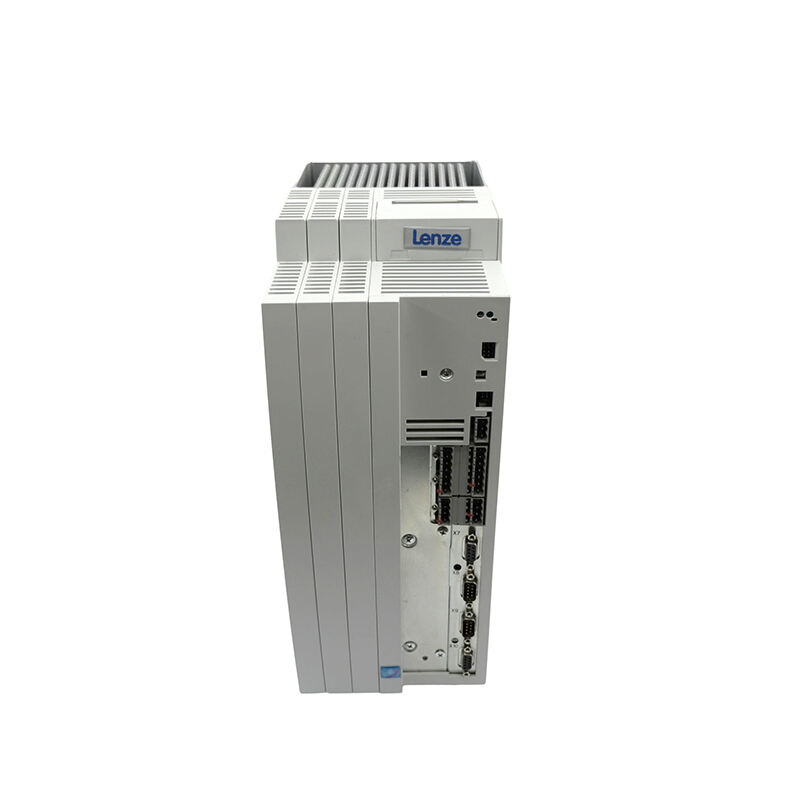plc programmable logic controller
A PLC Programmable Logic Controller is a sophisticated industrial computer system designed specifically for manufacturing processes and automation control. This robust digital device manages machinery and production lines through programmed instructions, replacing traditional hardwired relay control systems. The main functions of a PLC include input processing, where it receives signals from various sensors and switches, program execution through its central processing unit, and output control to activate motors, valves, and other industrial equipment. PLCs feature modular designs with expandable I/O capabilities, allowing for system scalability and flexibility. They utilize specialized programming languages like ladder logic, function block diagrams, and structured text, making them accessible to technicians and engineers. These controllers excel in harsh industrial environments due to their rugged construction and resistance to electrical noise, temperature variations, and vibration. PLCs support various communication protocols, enabling seamless integration with other automation devices and supervisory control systems. They offer real-time monitoring capabilities, fault diagnostics, and data logging functions essential for modern manufacturing operations. Applications span across numerous industries, including automotive assembly, packaging lines, chemical processing, and building automation systems. The controller's reliability, quick response times, and ability to handle complex sequential operations make it indispensable in today's automated industrial landscape.
